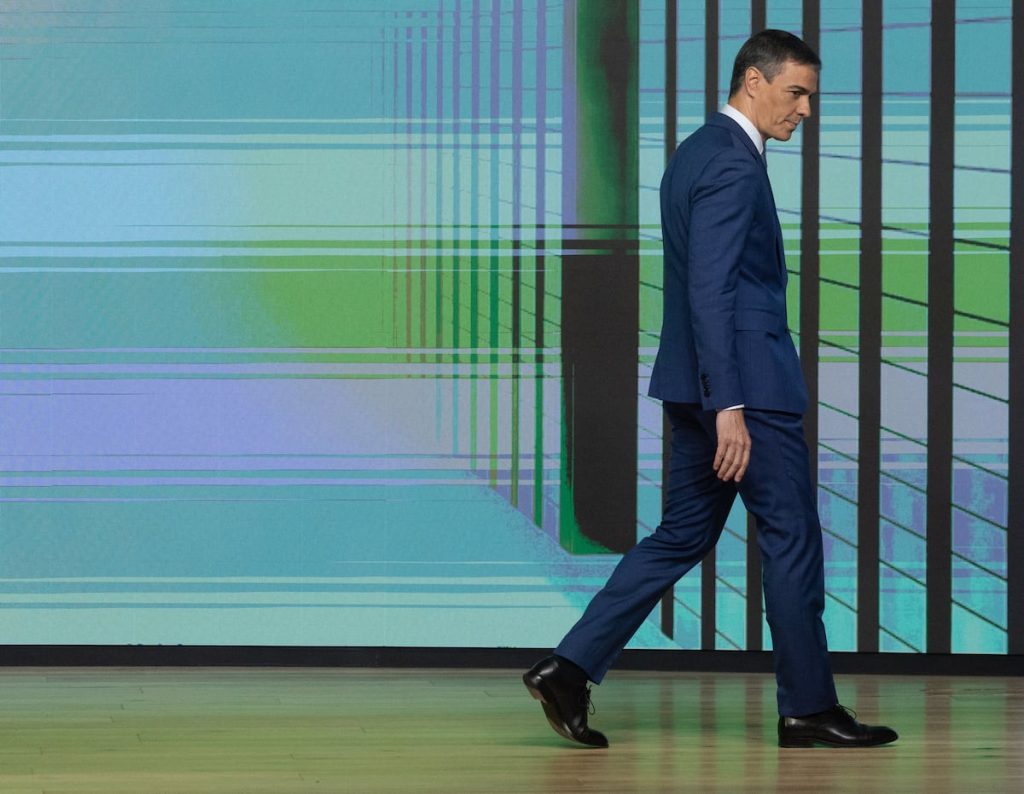The government is not in a hurry. In La Moncloa, the PSOE, and Sumar, there is awareness that the weakest point in the majority that supports the government, which allowed Pedro Sánchez’s investiture and should endorse the budget by the end of the year to consolidate the legislature, is currently ERC. The party is immersed in a serious internal crisis following a setback in the Catalan elections. ERC lost control of the Generalitat, which they had obtained for the first time in 90 years, and suffered a defeat against Junts in the leadership struggle within the independence movement. There is a consensus among ministers and leaders of the PSOE and Sumar that ERC needs time to recover from its crisis.
The socialists are not considering putting pressure on ERC at the moment, neither for the investiture in Catalonia nor for resuming budget negotiations. Previously, negotiations for the budget seemed promising, with ERC showing willingness to negotiate and approve the first budget of the legislature. However, the Catalan budget fell through due to opposition from Junts and rejection from the Comunes, prompting Pere Aragonés to call early elections. The expectation was that ERC would support the budget in exchange for political concessions, but with the current crisis within the party, it is uncertain whether they will stick to the original plan.
The government is aware that resolving the internal crisis within ERC complicates budget negotiations. Junqueras will temporarily step down from the presidency after June 9, and Marta Rovira will take over until the party congress on November 30. The timing of a potential budget negotiation aligns with uncertainties in ERC’s leadership transition. However, ministers believe that ERC’s interest lies in avoiding early elections and consolidating the legislature, possibly through a pact with the government in exchange for political benefits.
President Pedro Sánchez avoided mentioning ERC and focused on his policies in Catalonia during a recent appearance. He declared the end of the Catalan independence movement, contrasting with the PP’s views. Sánchez believes that Catalonia under his leadership will be a success and plans to leverage this for upcoming campaigns. The president also emphasized his economic policies, gearing up for ideological clashes in future campaigns. Sánchez’s speech hinted at campaigning strategies for upcoming European elections and highlighted his party’s approach to managing the economy effectively.
Sánchez’s confidence in his leadership in Catalonia and his economic policies sets the stage for future campaigns. He criticized the PP’s stance on the Catalan issue and emphasized the importance of unity in Spain. The president positioned himself as a defender of reconciliation and shared projects rather than divisiveness. Sánchez’s focus on upcoming elections, along with his economic achievements, indicates a strategic approach to campaigning. He aims to showcase the success of his policies in Catalonia and the economy as key pillars of his government’s achievements, leading up to more intense ideological clashes in future campaigns.


